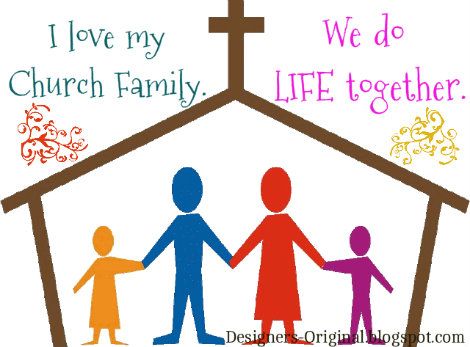 Scot McKnight on Dietrich Bonhoeffer:
Scot McKnight on Dietrich Bonhoeffer:___
Do you love the church for what it could be or what it is? If the former, I suggest you read Dietrich Bonhoeffer’s magisterial little book, Life Together. It is, so I think, his best book. No need, however, to debate what is neither provable nor non-falsifiable — what one thinks is his best book another will not.
What is worth discussing is his incredible set of statements about the expectations we bring to the church and that we expect of the church and how our expectations, when they encounter the realities, are dashed to the ground.
What is worth discussing is that until we realize that the eucharist table is at the front of the church under the cross — because those who come into the fellowship and "cracked Eikons" and in need of grace and healing – we will not comprehend what the church is.
Leaving the church because it does not meet our expectations is failing to understand what a church is; we have a church because we have failed to meet God’s expectations. Failed expectations, then, are the foundation of the church and the reason for its existence.
Leaving the church because it does not meet our expectations is to create a church for ourselves. It is, if I may be so bold, idolatry.
Many enter into ministry with the ambition to make a church what they think it could be instead of what it is.
Until we understand what the church is — a fellowship of sinners at different locations in a journey — we will not understand what the church could be and can be. No two Christians are perfectly compatible — in theology or praxis — and therefore there will be tension in the church, which is precisely where we need to begin to see what the church is. Not a fellowship of those who agree or who are alike but a fellowship of those who don’t agree and who are not alike. When we demand the church be like us, or like our vision for what it is, or we leave, we create our own church — and eventually (if we have the guts) we start a church that begins the same old process of a fellowship of those agree who eventually become those who disagree and who split. Bonhoeffer still speaks.
No comments:
Post a Comment